Eloise psychiatric hospital renovation plans include 1920s-themed speakeasy, restaurant, hotel
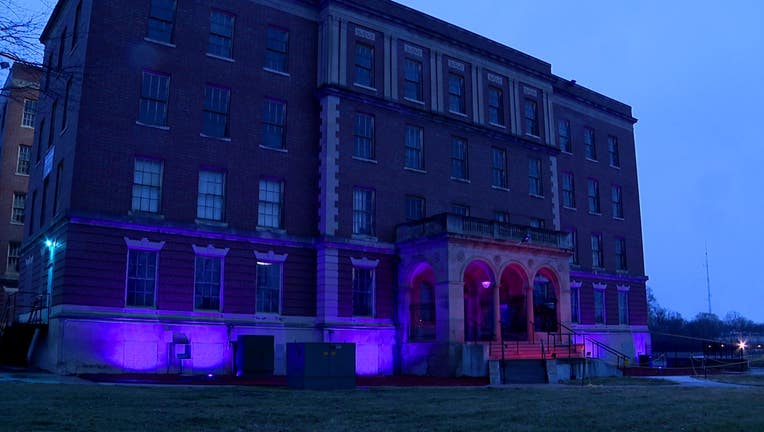
WESTLAND, Mich. (FOX 2) - Plans for the former Eloise psychiatric hospital in Westland include a hotel, a restaurant, and a speakeasy.
Many of the original buildings on the property are gone. Currently, there are escape rooms and a haunted attraction in the Kay Beard Building. Paranormal tours are also offered on Saturday nights.
Several blighted structures will soon be removed, while two historic structures will be preserved and redeveloped.
"Right now, we're currently getting ready to renovate the old firehouse, which sits adjacent to the property. That building was built in 1894," said John Hambrick, a managing member of 30712 Michigan Avenue LLC and owner of the building. "We're going to convert that into a barbecue place."
The barbecue restaurant will be firehouse themed.
Hambrick said there are also plans to build a 1920s-themed speakeasy later.
"You come in a side do, gotta have a password," Hambrick said. "You go up an elevator, it's all the original asylum, then when you walk into the restaurant, boom, you're immersed in the '20s."
He said work will start in late spring, with plans for the restaurant to open in the fall or winter, though the timeline could change. He hopes to open the speakeasy next year.
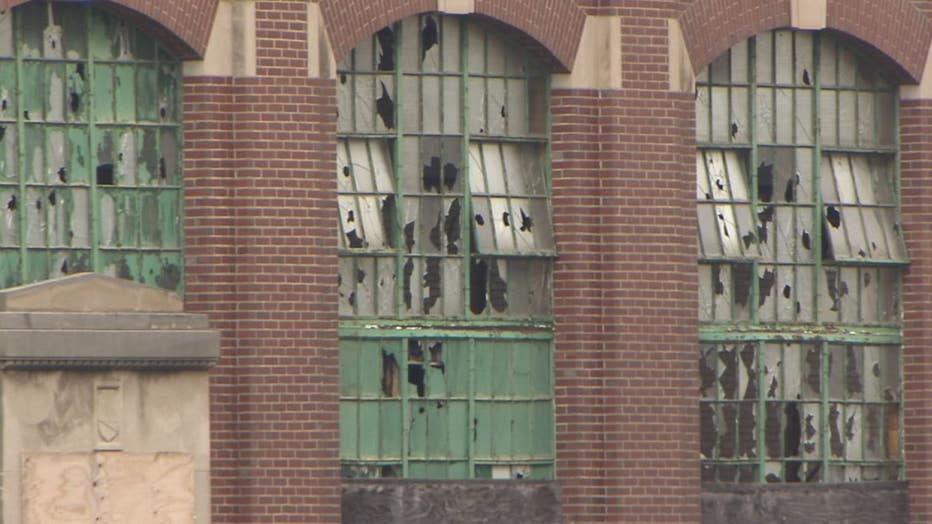
A grant from the Michigan Department of Environment, Great Lakes, and Energy (EGLE) will support the project by providing $695,000 to decontaminate the site.
Petroleum-related compounds in soil and groundwater, likely attributable to former leaking underground storage tanks, have complicated the redevelopment, EGLE said. Grant money will be used to excavate, transport, and dispose of contaminated soil.
EGLE says the $4 million redevelopment project is expected to create 50-100 full-time jobs, 75-100 seasonal jobs, and add a $2.5 million increase in the property’s taxable value.
Eloise history
Using Eloise's property has drawn both support and criticism, given the space's dark past.
Before Eloise, the Wayne County Poor House was in Detroit. As the condition of the Detroit poor house deteriorated, it was relocated to what was then known as Nankin Township, where Eloise now is.
The space served as the poor house beginning in 1839. It changed names several times throughout the years and also served different purposes -- it was the poor house, a general hospital, a mental hospital, and a sanitarium for tuberculosis patients.
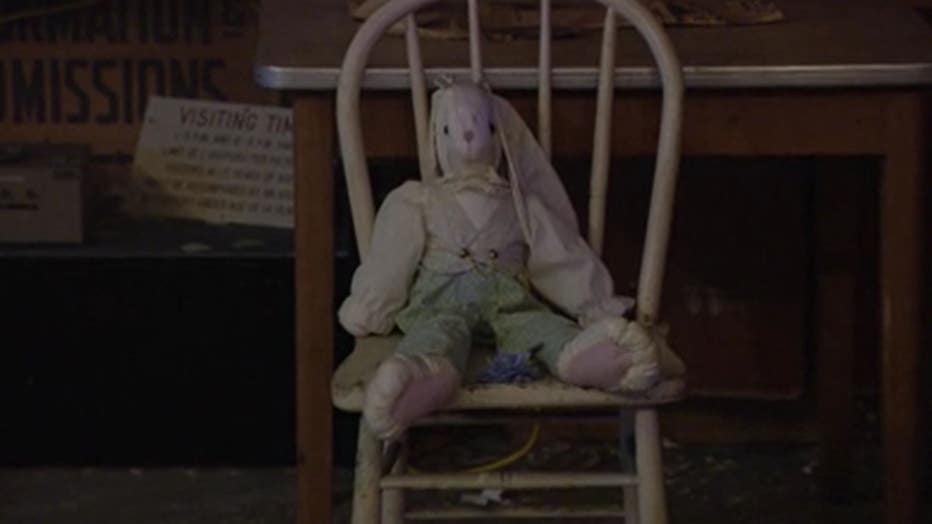
Eloise became its own city, occupying 902 acres near what is now Michigan Avenue and Henry Ruff Road. It had more than 70 buildings, including a bakery, a school, fire department, police department, a post office, and more.
There was also a place where employees lived, a farm, and a cemetery to bury those who died at the hospital.
At the end of the 1920s, Eloise had 10,000 patients.
Eloise was considered to have advanced treatments. Doctors at Eloise used X-rays for diagnostic purposes, radium to treat cancer, and "open-air" treatment for tuberculosis.
Patients underwent a variety of treatments for mental issues, including electroshock therapy, insulin shock therapy, music therapy, and television therapy. Some lobotomies were also performed.
Eloise stopped offering psychiatric care in 1979 and the general hospital shuttered in 1984.
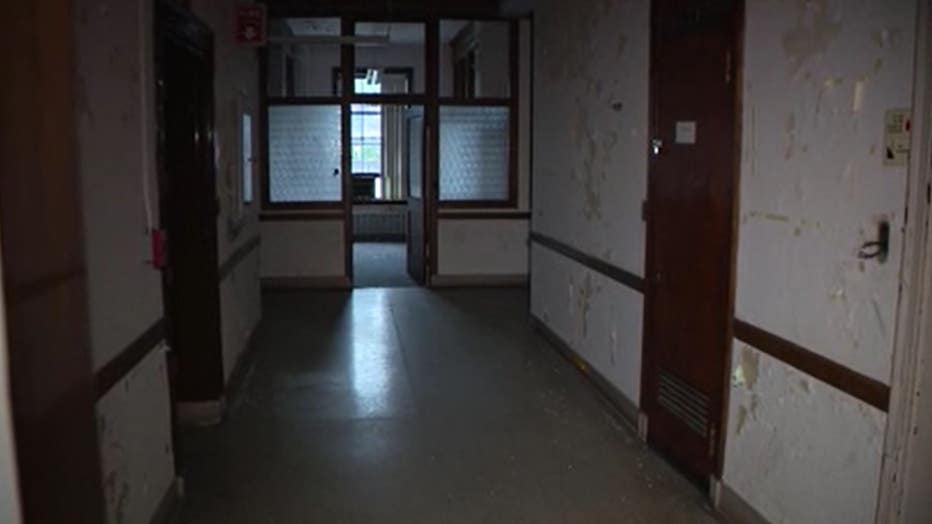
Many buildings were demolished shortly after the hospital closed and much of the land is used for other purposes now, such as a strip mall where the Kroger at the corner of Michigan Avenue and Merriman Road is located, and a golf course.
Other buildings, such as the bakery, have been demolished more recently after damage from vandals. Arsonists lit the bakery on fire in 2016.
However, several buildings still stand, including the Kay Beard Building, which housed psych patients and was used as an administration building for Wayne County for a period when Eloise was closed. The commissary building is now a homeless shelter.
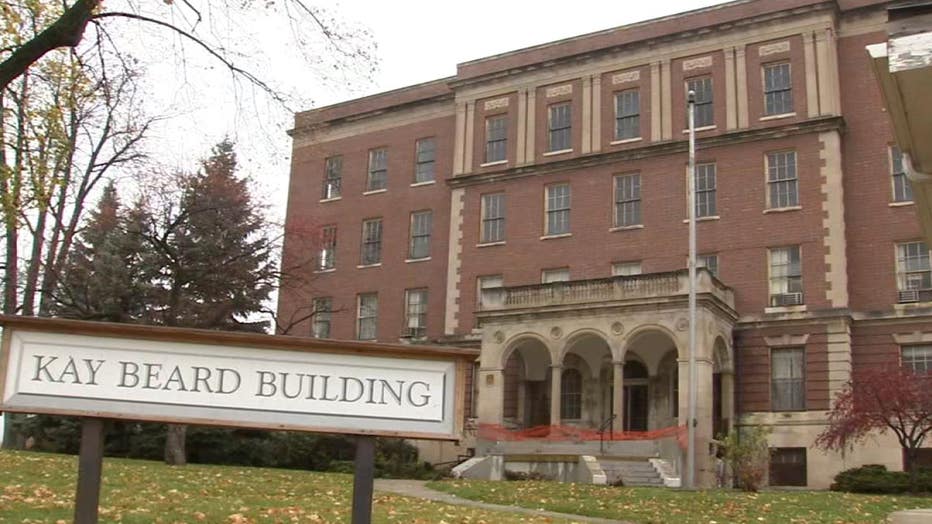
The Eloise Cemetery on the south side of Michigan Avenue still exists, too. It is a field full of small brick markers with numbers on them. More than 7,000 Eloise patients were buried in the cemetery, many of whom whose families couldn’t be found or who could not afford to pay for the burials.
After burials stopped at the cemetery in 1948, unclaimed bodies were used for research by the Detroit College of Medicine.
Eloise is designated a Michigan Historical Site.

